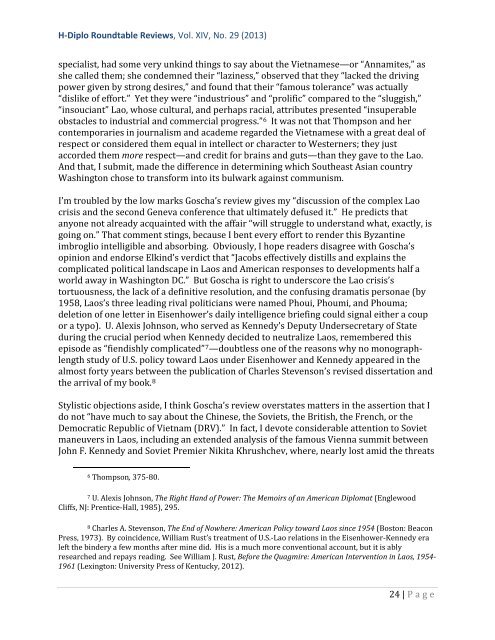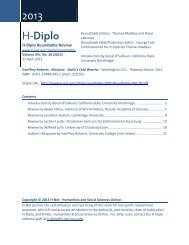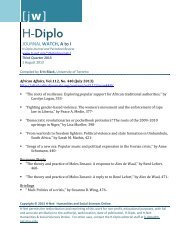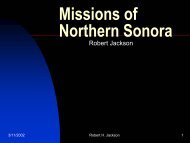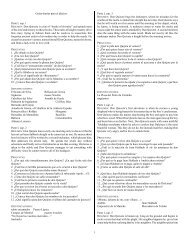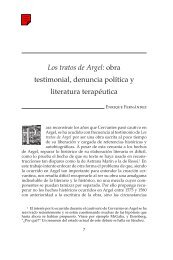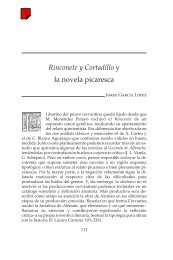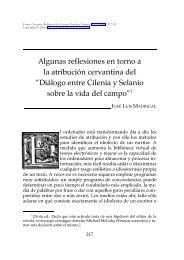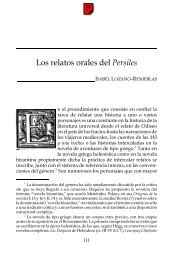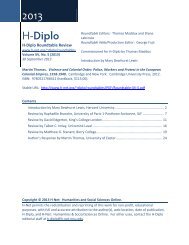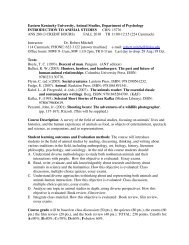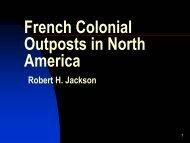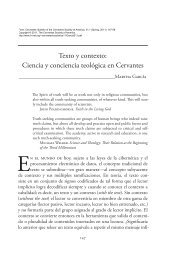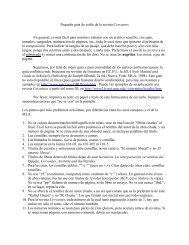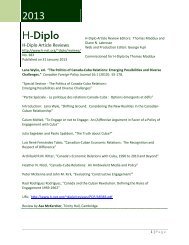H-Diplo Roundtables, Vol. XIV, No. 29 (2013) - H-Net
H-Diplo Roundtables, Vol. XIV, No. 29 (2013) - H-Net
H-Diplo Roundtables, Vol. XIV, No. 29 (2013) - H-Net
You also want an ePaper? Increase the reach of your titles
YUMPU automatically turns print PDFs into web optimized ePapers that Google loves.
H-<strong>Diplo</strong> Roundtable Reviews, <strong>Vol</strong>. <strong>XIV</strong>, <strong>No</strong>. <strong>29</strong> (<strong>2013</strong>)<br />
specialist, had some very unkind things to say about the Vietnamese—or “Annamites,” as<br />
she called them; she condemned their “laziness,” observed that they “lacked the driving<br />
power given by strong desires,” and found that their “famous tolerance” was actually<br />
“dislike of effort.” Yet they were “industrious” and “prolific” compared to the “sluggish,”<br />
“insouciant” Lao, whose cultural, and perhaps racial, attributes presented “insuperable<br />
obstacles to industrial and commercial progress.” 6 It was not that Thompson and her<br />
contemporaries in journalism and academe regarded the Vietnamese with a great deal of<br />
respect or considered them equal in intellect or character to Westerners; they just<br />
accorded them more respect—and credit for brains and guts—than they gave to the Lao.<br />
And that, I submit, made the difference in determining which Southeast Asian country<br />
Washington chose to transform into its bulwark against communism.<br />
I’m troubled by the low marks Goscha’s review gives my “discussion of the complex Lao<br />
crisis and the second Geneva conference that ultimately defused it.” He predicts that<br />
anyone not already acquainted with the affair “will struggle to understand what, exactly, is<br />
going on.” That comment stings, because I bent every effort to render this Byzantine<br />
imbroglio intelligible and absorbing. Obviously, I hope readers disagree with Goscha’s<br />
opinion and endorse Elkind’s verdict that “Jacobs effectively distills and explains the<br />
complicated political landscape in Laos and American responses to developments half a<br />
world away in Washington DC.” But Goscha is right to underscore the Lao crisis’s<br />
tortuousness, the lack of a definitive resolution, and the confusing dramatis personae (by<br />
1958, Laos’s three leading rival politicians were named Phoui, Phoumi, and Phouma;<br />
deletion of one letter in Eisenhower’s daily intelligence briefing could signal either a coup<br />
or a typo). U. Alexis Johnson, who served as Kennedy’s Deputy Undersecretary of State<br />
during the crucial period when Kennedy decided to neutralize Laos, remembered this<br />
episode as “fiendishly complicated” 7 —doubtless one of the reasons why no monographlength<br />
study of U.S. policy toward Laos under Eisenhower and Kennedy appeared in the<br />
almost forty years between the publication of Charles Stevenson’s revised dissertation and<br />
the arrival of my book. 8<br />
Stylistic objections aside, I think Goscha’s review overstates matters in the assertion that I<br />
do not “have much to say about the Chinese, the Soviets, the British, the French, or the<br />
Democratic Republic of Vietnam (DRV).” In fact, I devote considerable attention to Soviet<br />
maneuvers in Laos, including an extended analysis of the famous Vienna summit between<br />
John F. Kennedy and Soviet Premier Nikita Khrushchev, where, nearly lost amid the threats<br />
6 Thompson, 375-80.<br />
7 U. Alexis Johnson, The Right Hand of Power: The Memoirs of an American <strong>Diplo</strong>mat (Englewood<br />
Cliffs, NJ: Prentice-Hall, 1985), <strong>29</strong>5.<br />
8 Charles A. Stevenson, The End of <strong>No</strong>where: American Policy toward Laos since 1954 (Boston: Beacon<br />
Press, 1973). By coincidence, William Rust’s treatment of U.S.-Lao relations in the Eisenhower-Kennedy era<br />
left the bindery a few months after mine did. His is a much more conventional account, but it is ably<br />
researched and repays reading. See William J. Rust, Before the Quagmire: American Intervention in Laos, 1954-<br />
1961 (Lexington: University Press of Kentucky, 2012).<br />
24 | P age


